
Hybrid rollup architectures are rapidly redefining the landscape of blockchain scalability. By integrating optimistic and zero-knowledge (ZK) proofs, these systems deliver a nuanced blend of speed, cost efficiency, and robust security. Recent advancements such as the Boundless Kailua framework and BOB’s pioneering implementation are shaping a new paradigm for custom app-chains and specialized fee markets.

Hybrid Rollups: The Best of Both Worlds
At their core, hybrid rollup architectures synthesize the rapid transaction processing of optimistic rollups with the cryptographic certainty of ZK proofs. Optimistic rollups assume validity by default, enabling high throughput but relying on a challenge period to catch fraud. In contrast, ZK rollups use succinct cryptographic proofs to instantly verify transaction correctness, eliminating the need for lengthy dispute windows.
The hybrid approach is more than a simple merger; it is a dynamic system where transactions can be processed optimistically for efficiency or escalated to ZK verification when higher assurance or instant finality is required. This flexibility allows developers to fine-tune trade-offs between throughput, cost, and security based on application-specific needs.
“Instead of proving every transaction (which costs millions) or waiting 7 days for finality, Kailua uses a single ZK proof to resolve fraud disputes, bringing chains down to ~three-hour finality. ” – RISC Zero team (source)
Key Innovations: OP Kailua and BOB’s Hybrid ZK Rollup
The Boundless Kailua hybrid framework, developed by RISC Zero, exemplifies this new direction in optimistic zk rollup integration. Rather than relying on protracted interactive fault-proof games that can last up to a week, Kailua compresses fraud resolution into a single non-interactive ZK proof. This innovation not only slashes finality times, from seven days down to roughly three hours, but also brings significant cost savings by avoiding the need for full transaction-by-transaction proof generation.
The first real-world deployment comes from BOB’s Hybrid ZK Rollup. By leveraging Kailua’s architecture, BOB enables anyone to submit fraud proofs while also supporting on-demand validity proofs for instant withdrawals back to Ethereum. This dual-path approach offers:
Key Benefits of BOB’s Hybrid ZK Rollup Architecture
-
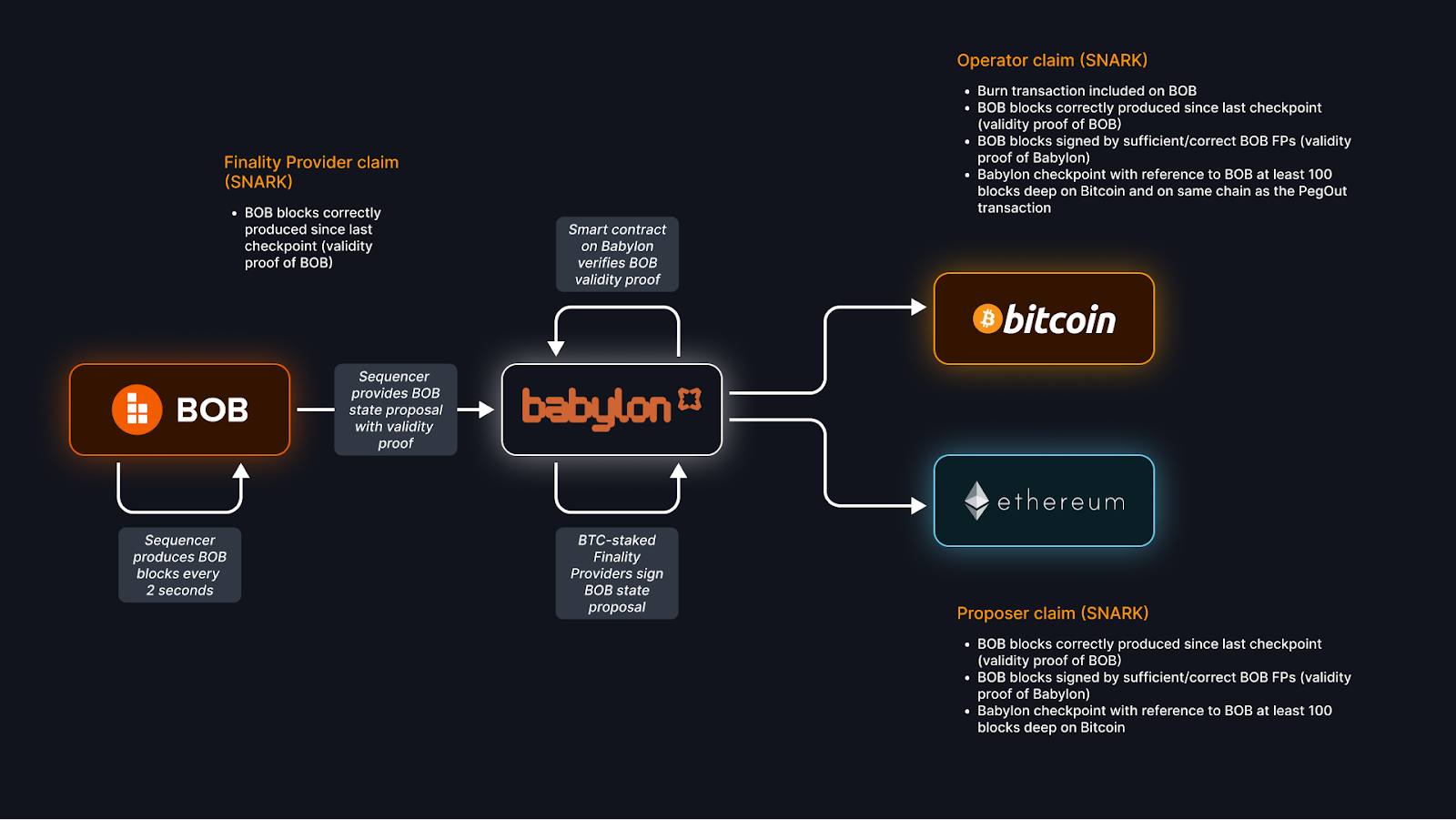
Open Accessibility for Fraud Proof Submission: BOB’s hybrid ZK rollup is the first optimistic rollup that allows anyone to submit a fraud proof, removing barriers and increasing decentralization compared to systems where only whitelisted actors can challenge transactions.
-
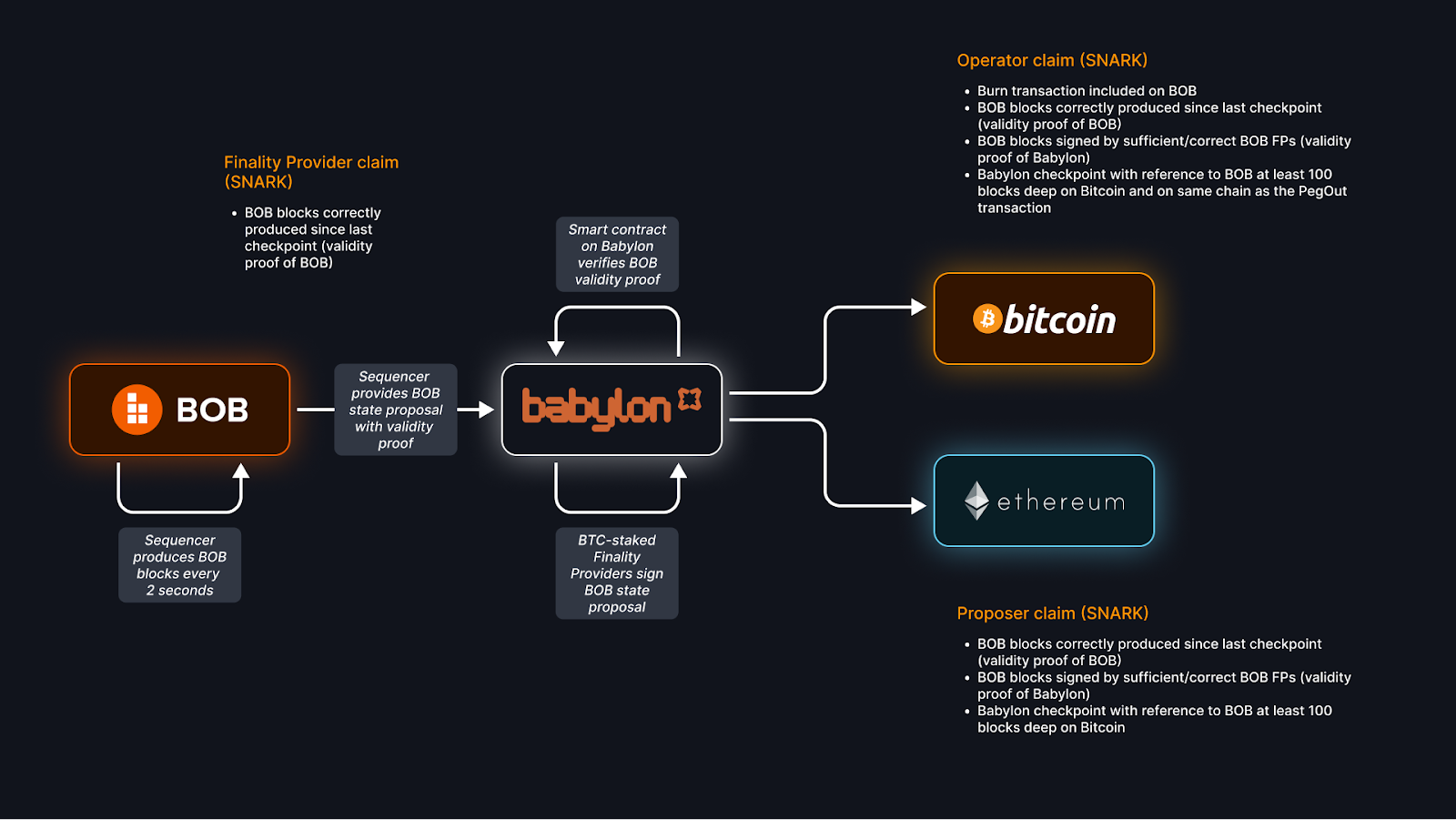
Significantly Reduced Dispute Times: By integrating zero-knowledge (ZK) fraud proofs, BOB compresses the dispute process from week-long interactive challenges to a single ZK proof, reducing finality from up to seven days to approximately three hours.
-
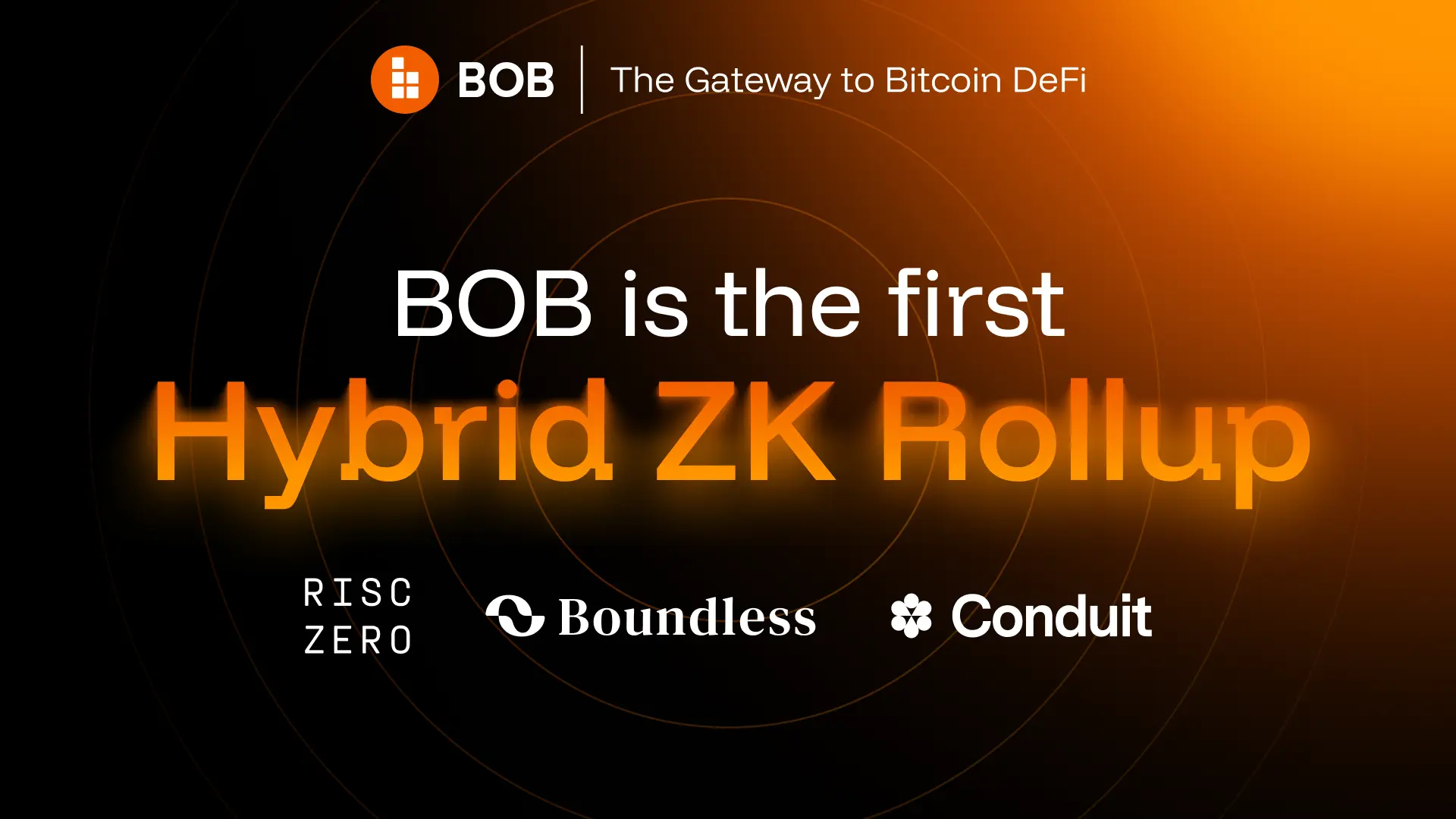
Instant Withdrawals with On-Demand Validity Proofs: Users can opt for immediate withdrawal to Ethereum by generating a validity proof, bypassing the standard challenge period when instant finality is required.
-
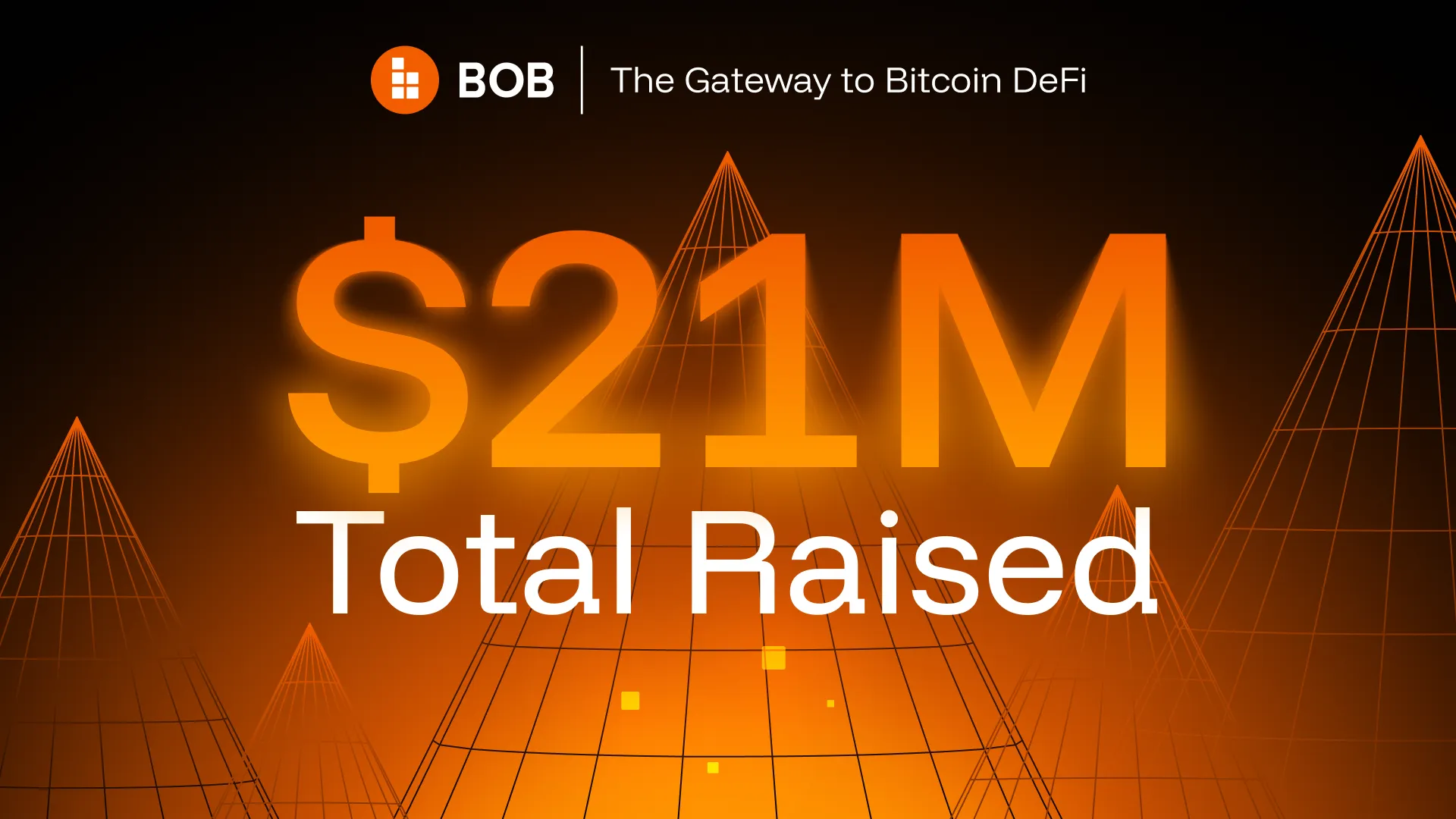
Lower Operating Costs: The hybrid approach avoids the need for costly ZK proofs on every transaction, instead applying them only to disputed cases. This design minimizes computational expenses while maintaining high throughput and security.
-
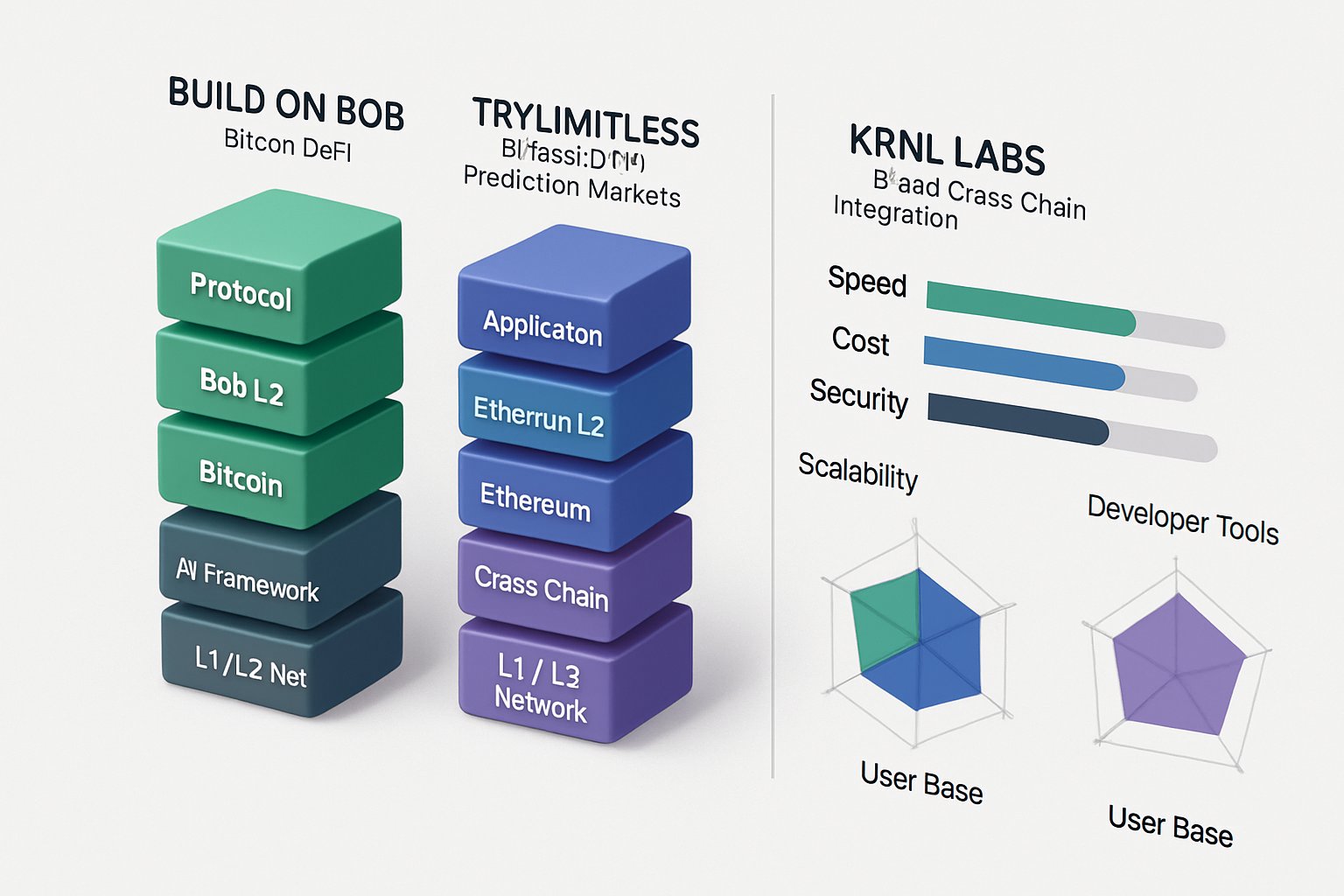
Flexible Security and User Choice: BOB’s architecture enables users to choose between optimistic and ZK validation for each transaction, balancing speed, cost, and security according to their needs.
The implications go beyond technical performance. For decentralized apps requiring both mass-market throughput and high-value settlement assurances, think DeFi platforms or NFT marketplaces, this model provides an adaptable security envelope without compromising on user experience.
Technical Anatomy: How Hybrid Rollups Operate
A typical hybrid rollup stack incorporates several specialized node types:
- Sequencer Nodes: Aggregate and order incoming transactions efficiently.
- Prover Nodes: Generate zero-knowledge proofs only when disputes arise or higher security is needed.
- Verifier Nodes: Validate submitted proofs and monitor system integrity in real time.
- Bridge Contracts: Connect the app-chain securely with Ethereum or other L1s for asset transfers and state synchronization.
This modular design empowers developers to offer users a choice: pay lower fees with delayed finality via optimistic processing or opt-in for immediate withdrawal using validity proofs at a premium. Such flexibility is essential as fee market specialization becomes increasingly important in custom app-chain deployments.
Pioneers Pushing Hybrid Rollups Forward
The momentum behind hybrid architectures is accelerating thanks to several trailblazing projects:
Leading Projects Implementing Hybrid Rollups
-
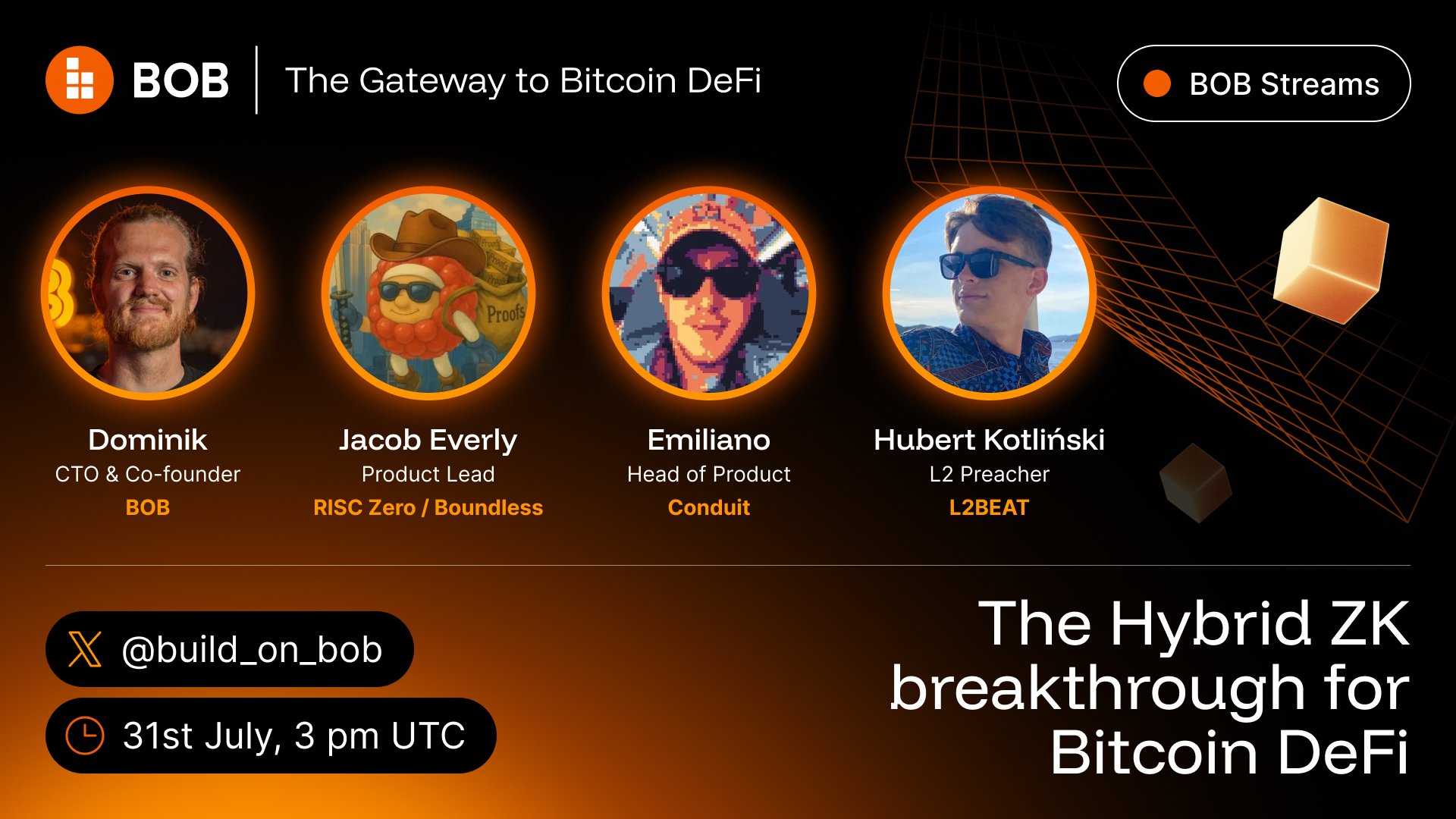
BOB (Build on Bitcoin): BOB is the first hybrid ZK rollup to integrate RISC Zero’s Kailua suite, enabling ZK fraud proofs within an optimistic rollup framework. This allows anyone to submit a fraud proof, compresses fraud resolution into a single transaction, and supports on-demand validity proofs for instant withdrawals to Ethereum. Learn more.
-
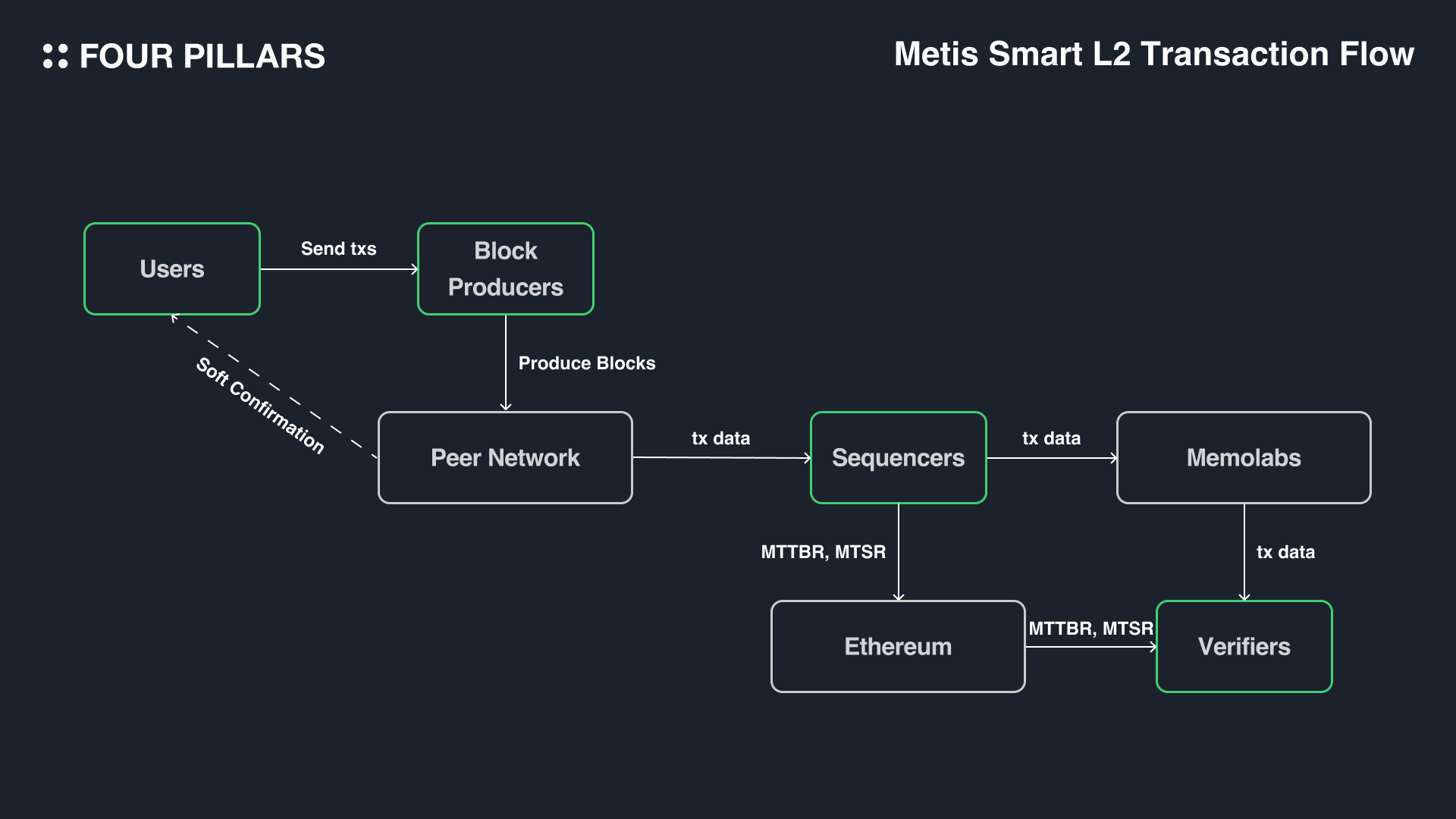
Metis: Metis is developing a hybrid rollup architecture that combines the speed of optimistic rollups with the security of ZK proofs. This approach reduces transaction finality from the traditional seven days to approximately four hours, significantly improving the user experience and accelerating transaction speeds. Learn more.
-
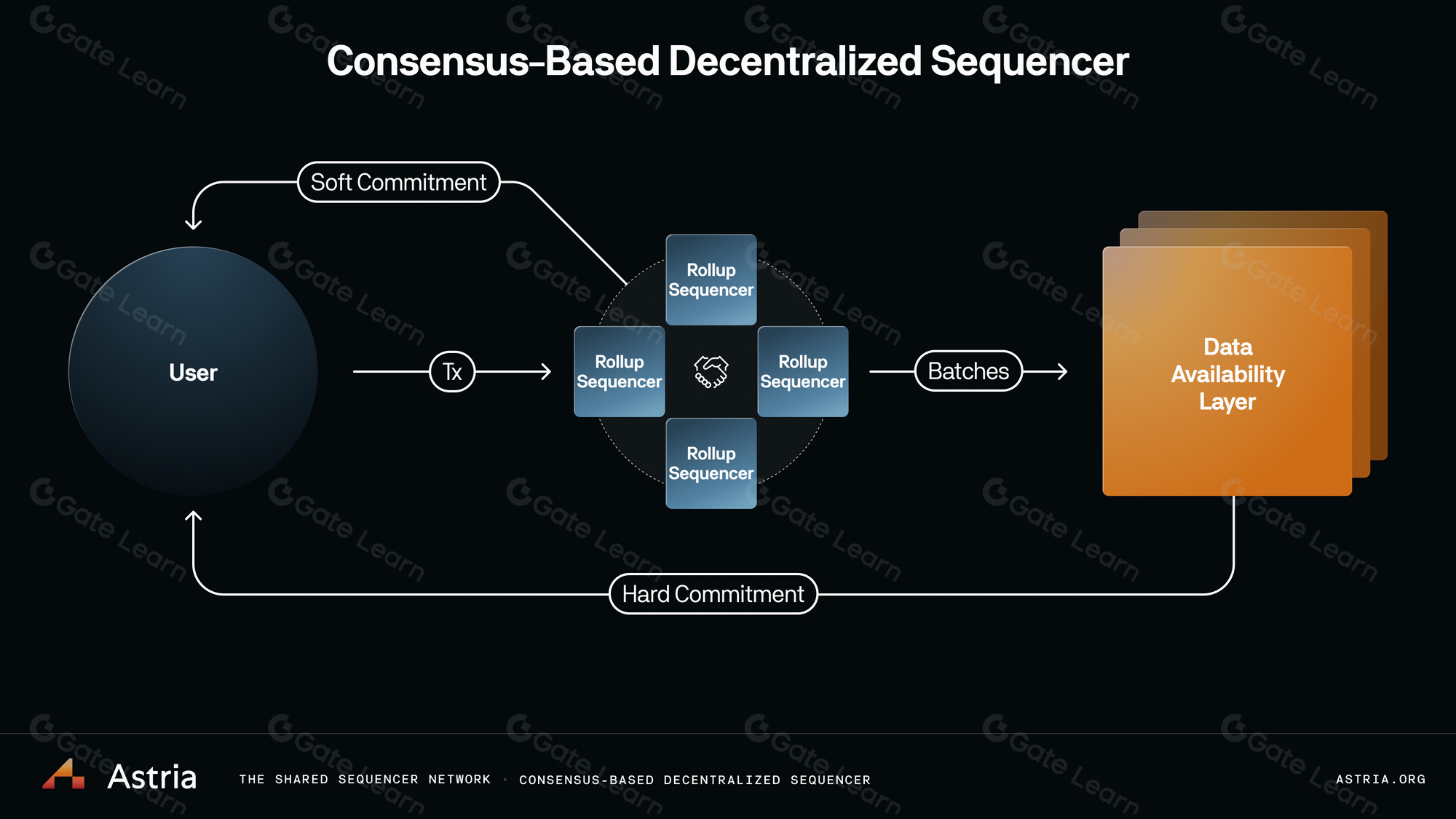
Cartesi: Cartesi’s hybrid solution dynamically selects between optimistic and ZK validation based on transaction type, value, and urgency. This flexible approach aims to maximize throughput while maintaining robust security and decentralization. Learn more.
This wave of innovation signals that hybrid rollups like BOB’s implementation, powered by Boundless Kailua technology, are poised to set new standards in scalability and user-centric design across decentralized ecosystems.
What sets these hybrid rollup architectures apart is their capacity to adapt security and performance guarantees in real time. As the cost dynamics of blockchain infrastructure shift, projects can fine-tune how and when ZK proofs are invoked, balancing operational expenditure against the need for rapid, trust-minimized settlement. For example, BOB’s integration of RISC Zero’s Kailua suite allows developers to offer instant withdrawals for high-value users while maintaining low fees for routine transactions, an approach that could redefine the economics of app-chain fee markets.
Moreover, this flexibility is not just theoretical. In production environments, Kailua-powered hybrid rollups have already demonstrated a reduction in dispute resolution windows from seven days to as little as three hours. This leap is particularly significant for applications with time-sensitive operations or user flows where capital efficiency is paramount.
Fee Markets: Customization in Practice
Specialized fee markets are emerging as a direct beneficiary of hybrid rollup adoption. By segmenting fee structures based on finality preferences and proof types, developers can offer granular pricing models tailored to diverse user segments. For instance:
Comparison of Fee Market Structures in Hybrid Rollups
| Rollup Project | Withdrawal Speed | ZK-Verified Transaction Premium | Dynamic Fee Adjustments | User Flexibility | Notable Features |
|---|---|---|---|---|---|
| BOB Hybrid ZK Rollup | Instant (with ZK proof) ⏱️ or Delayed (optimistic) ⏳ | Yes (higher fee for instant, ZK-verified withdrawals) 💎 | Yes (fees adjust based on congestion) 📈 | Choose instant or delayed withdrawal based on needs 🔀 | Single ZK proof compresses fraud resolution; On-demand validity proofs |
| Metis Hybrid Rollup | ~4 hours (ZK proof) ⏱️ or 7 days (optimistic) ⏳ | Yes (premium for ZK-verified, faster finality) 💎 | Yes (dynamic fee market) 📈 | User chooses between speed and cost 🔀 | Accelerated finality; Combines optimistic speed with ZK security |
| Cartesi Hybrid Solution | Flexible (based on transaction type/urgency) ⏱️/⏳ | Yes (ZK proofs for high-value/urgent txs) 💎 | Yes (fees vary by transaction requirements) 📈 | Selects optimal verification per transaction 🔀 | Balances throughput, security, and decentralization |
This level of customization empowers dApps to optimize both user experience and protocol revenue, a critical factor as competition intensifies across L2 ecosystems.
The Road Ahead: Interoperability and Open Participation
As open-source frameworks like Boundless Kailua mature, interoperability between different rollup types becomes increasingly feasible. Hybrid architectures enable not only faster dispute resolution but also broader participation in network security processes. BOB’s model, where anyone can submit fraud proofs or validity proofs, exemplifies this democratization of protocol governance, a stark contrast to earlier systems with limited validator access.
Looking forward, we can expect more chains to adopt similar patterns: leveraging optimistic processing for baseline efficiency while reserving ZK validation for moments when cryptographic assurance is non-negotiable. This dual-path strategy maximizes both scalability and trustlessness without locking developers into a single paradigm.
Hybrid rollup architectures are more than a technical curiosity, they’re rapidly becoming the backbone of next-generation app-chains with specialized fee markets. By merging the best features of optimistic and ZK rollups through frameworks like Boundless Kailua, and by empowering users with choice and transparency, these solutions are setting new benchmarks for what’s possible in decentralized infrastructure.






